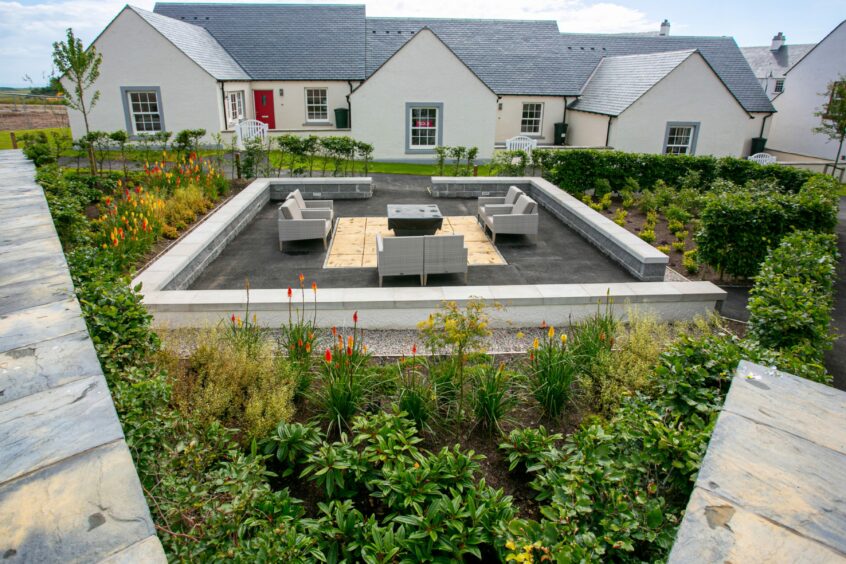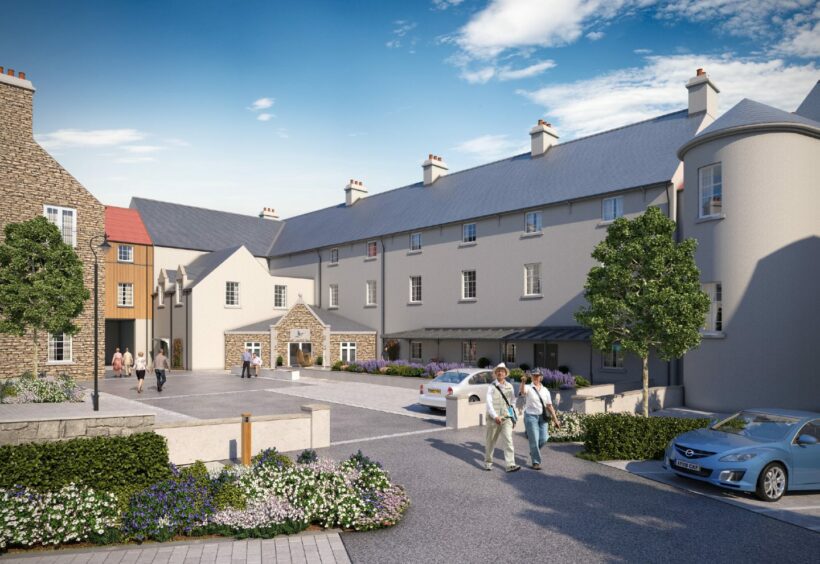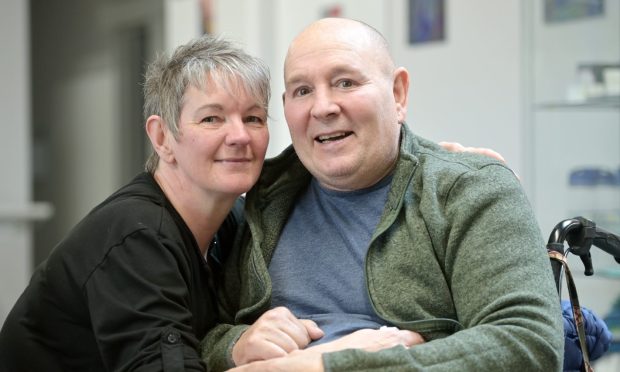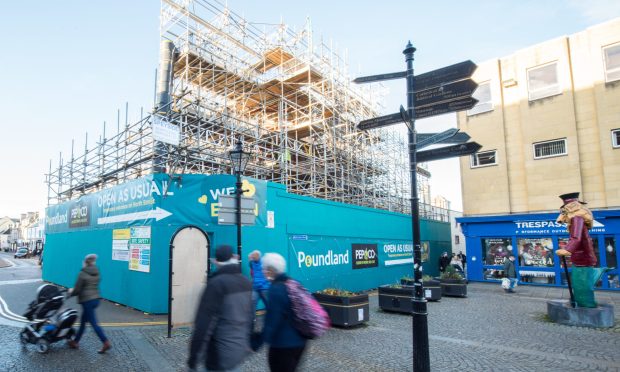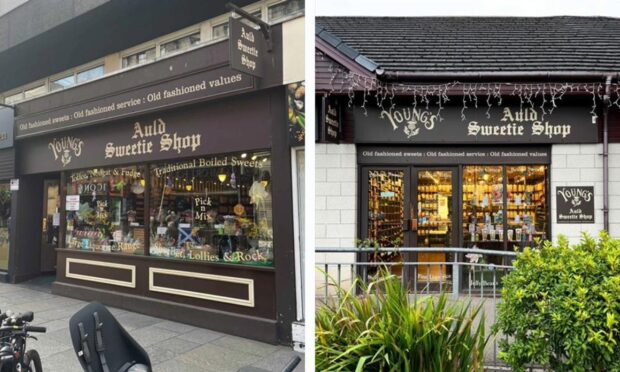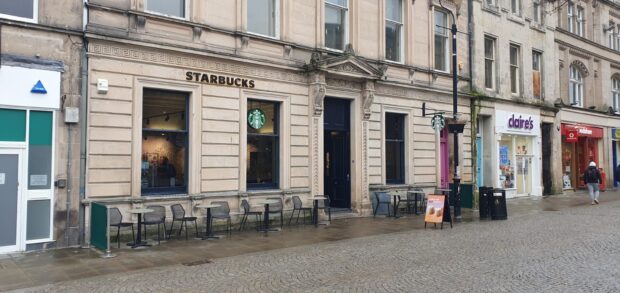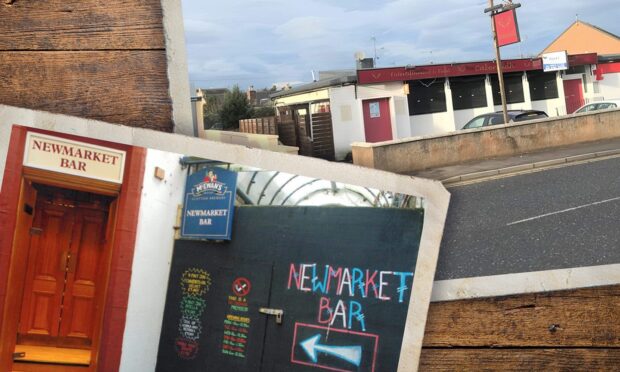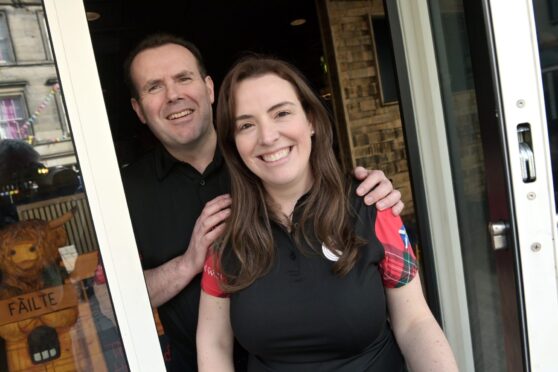Scotland has been relegated to the “poor relation” in terms of institutional investment in so-called “later living” developments.
By contrast, multimillion-pound projects continue at a pace in England, benefiting from significant bank and institutional funding.
There is, sadly, a barrier to investment in Scotland that could be relatively simple to rectify if there was a relaxation of the law.
As it stands, the law north of the border provides for an automatic right to redeem standard securities after 20 years.
Scotland falls way behind the likes of Australia, New Zealand and the US in the provision of truly bespoke later living housing.”
Later living communities appeal to older homeowners seeking independence.
Typically developments may include services such as on-site healthcare, gyms, swimming pools, consultant rooms, restaurants, retail units, as well as traditional care home facilities offering varying levels of care and support.
One of the few examples of such developments in Scotland is Brio Retirement’s Landale Court community at Chapleton of Elsick, near Stonehaven.
The economics of later living developments rely on event fees (triggered by an event (such as a resale or sub-letting) and deferred management charges.
In England, developers can enter into long-lease arrangements to secure these fees and charges, which support the substantial up-front investment required to deliver these communities and related communal facilities.
This provides a legal structure to achieve an investment return for the developer over many years, and a marketable asset to secure further investment.
Barrier to investment
The Scottish legal system does not allow developers to enter into long lease agreements, such as those used in England, which directly impacts investor take-up.
Under current legislation, there is a provision in certain circumstances for an automatic right of discharge of the standard security after 20 years.
This can disrupt the certainty of long-term event fees, therefore diluting the attractiveness of making the initial project investment.
Institutional investors view later living as a viable and attractive option that ensures longer-term returns, and a number of blue riband funds have earmarked significant investment to progress projects in England.
That similar investment in Scottish projects has failed to materialise.
This all points to investor apprehension which must in part be predicated on the continued legal issue.
Ongoing review
The Scottish Law Commission is conducting an ongoing review into the law of standard security.
But there are no certain outcomes in relation to representations made by Pinsent Masons and others in relation to the removal of the automatic right to redeem standard securities under the 20-year rule.
Pinsent Masons has also engaged with the Associated Retirement Community Operators, the main body representing the retirement community sector in the UK, to raise awareness of the issue.
£500,000-plus cash boost for major expansion of Shetland business park
We are also members of the recently established Housing with Care Taskforce for Scotland, whose aim is to remove any barriers to later living investment in Scotland and to promote the sector to government and beyond.
Scotland falls way behind the likes of Australia, New Zealand and the US in the provision of truly bespoke later living housing, which is increasingly being seen – particularly during the Covid pandemic – as improving the quality of life for residents.
It also reduces demands on the public health and care sectors.
Three of the region’s hotels to benefit from £4.5m investment
Our view is the issue is absolutely non-political and there is an achievable remedy by which the playing field for investment into the sector in Scotland can be levelled.
Let’s hope the politicians are in listening mode.
Rodney Whyte is a partner and property specialist in the Aberdeen office of law firm Pinsent Masons.

